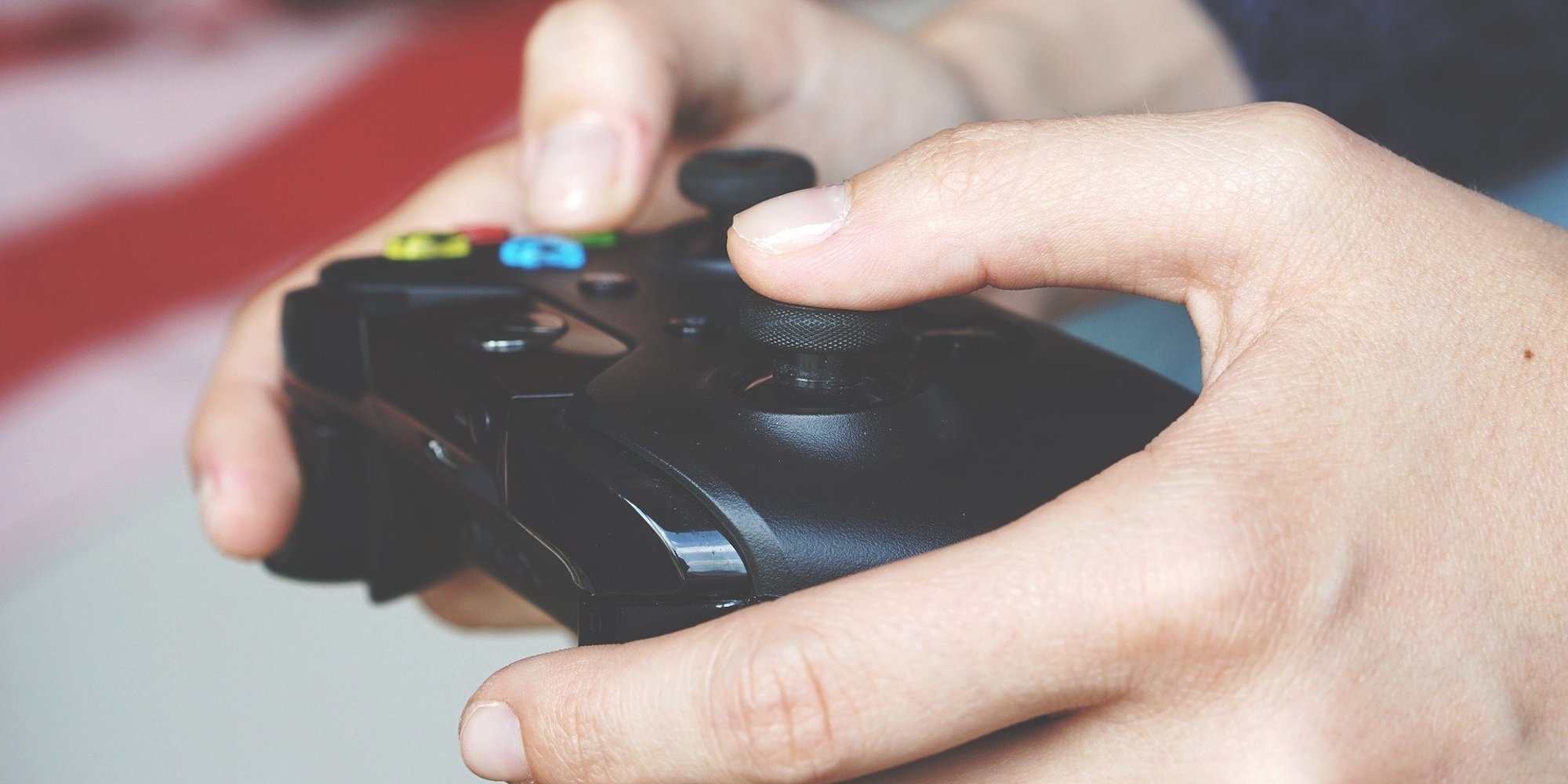In his column "Our Health", Jimmy Mohamed distills his advice to parents who wish to buy a games console for their children, while a third confinement awaits.
For the doctor, certain rules must be respected, starting by accompanying the child in his video game adventures.
It's a cultural activity that goes perfectly with the curfew, and possibly a third lockdown: video games.
While this period is difficult to live with, especially for children, parents may be tempted to put a controller (or keyboard) in the hands of their blond heads.
An idea to which Dr. Jimmy Mohamed is not opposed, on condition of accompanying them.
In his daily column "Our Health", therefore distils his advice so that the video game adventure does not turn sour.
>> Find Europe Matin in replay and podcast here
Support your child
The first piece of advice we can give to parents is to teach their children to play in the same way they were taught to brush their teeth or to ride a bicycle: accompany them by playing with it. them, or by watching them do it regularly.
Because video games will teach them to win, to lose, to be fair and even to manage their emotions.
Despite everything that is said about this activity, it highlights certain values of life.
But this is not a blank check, there are rules to follow.
Especially in terms of age: never video games before three years, and no screen in general.
Note that some experts even push this limit up to 6 years.
It is also advisable to respect the PEGI classification, which allows the games to be classified according to age.
If the iconic Fifa football game, for example, can be put into everyone's hands, this is not the case for other titles, such as the latest addition to the Hitman saga, which is not recommended for at least 18 years.
>> TO DISCOVER -
GAMERS, the secret history of video games
Finding the balance between autonomy and control for a teenager
In addition, it is advisable to put the computer or game console in the living room to have better control.
This is especially useful if your child is a teenager.
In this case, we will have to find a compromise between autonomy and control.
But if your child wants to play 1h15 instead of 1h, it may not be dramatic, save your energy for bigger fights.
Adolescence is an age of transgression, and your child is bound to overindulge, like playing all afternoon at a friend's house or having a sleepless night.
But what must be worrying is the repetition of these.
In video games, and even in education more generally, it's communication.
And if it is sometimes difficult to talk to your teenager, solutions exist.
When we play, we tend to be a little hungry and want to snack, so it is possible to strategically place post-it notes and deliver messages such as' don't play for more than two hours', or 'think about making homework'.
It is a way of reestablishing communication.
And if you have other questions, I recommend the book
Is My Child Addicted to Video Games?
Daily life advice,
written by doctor Bruno Rocher.

